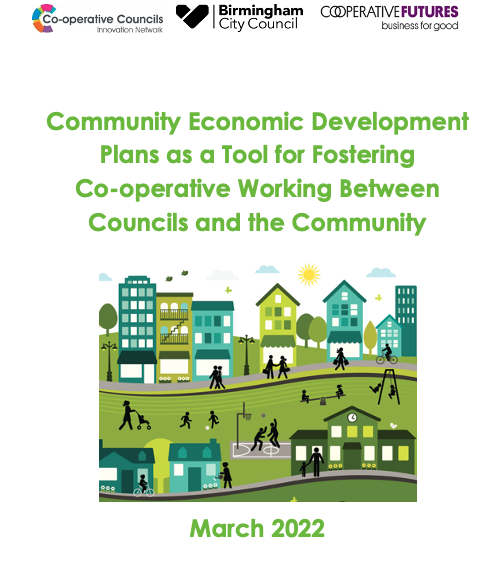Community Economic Development Plans – Birmingham City Council
- February 2022

Community economic development planning or CEDP is a process of economic development within a specific geographic area, to make the economy in that area work well for that community.
Within CEDP three important attributes are emphasised:
The case studies outlined in this report demonstrate the value to Local Authorities of working in co-operation with communities to undertake community economic development planning.
Karolina Medwecka-Piaseck
European Affairs Manager
Birmingham City Council